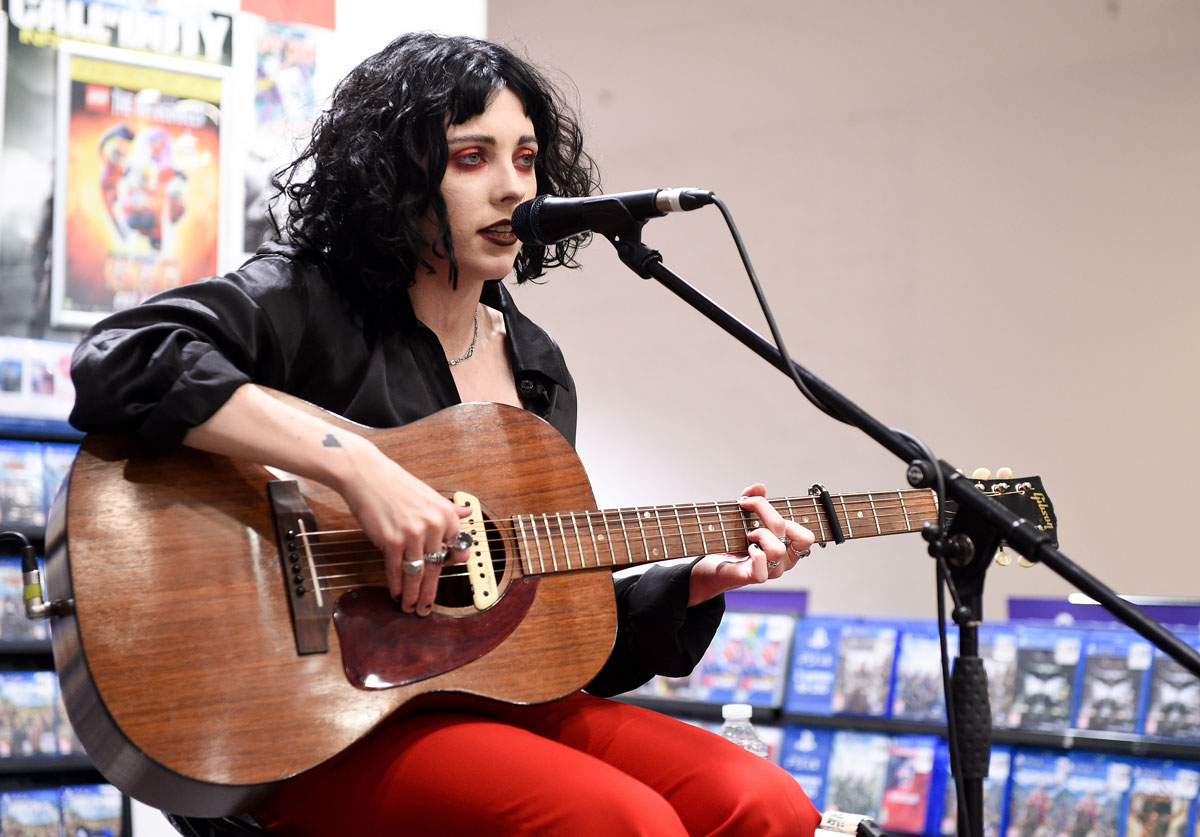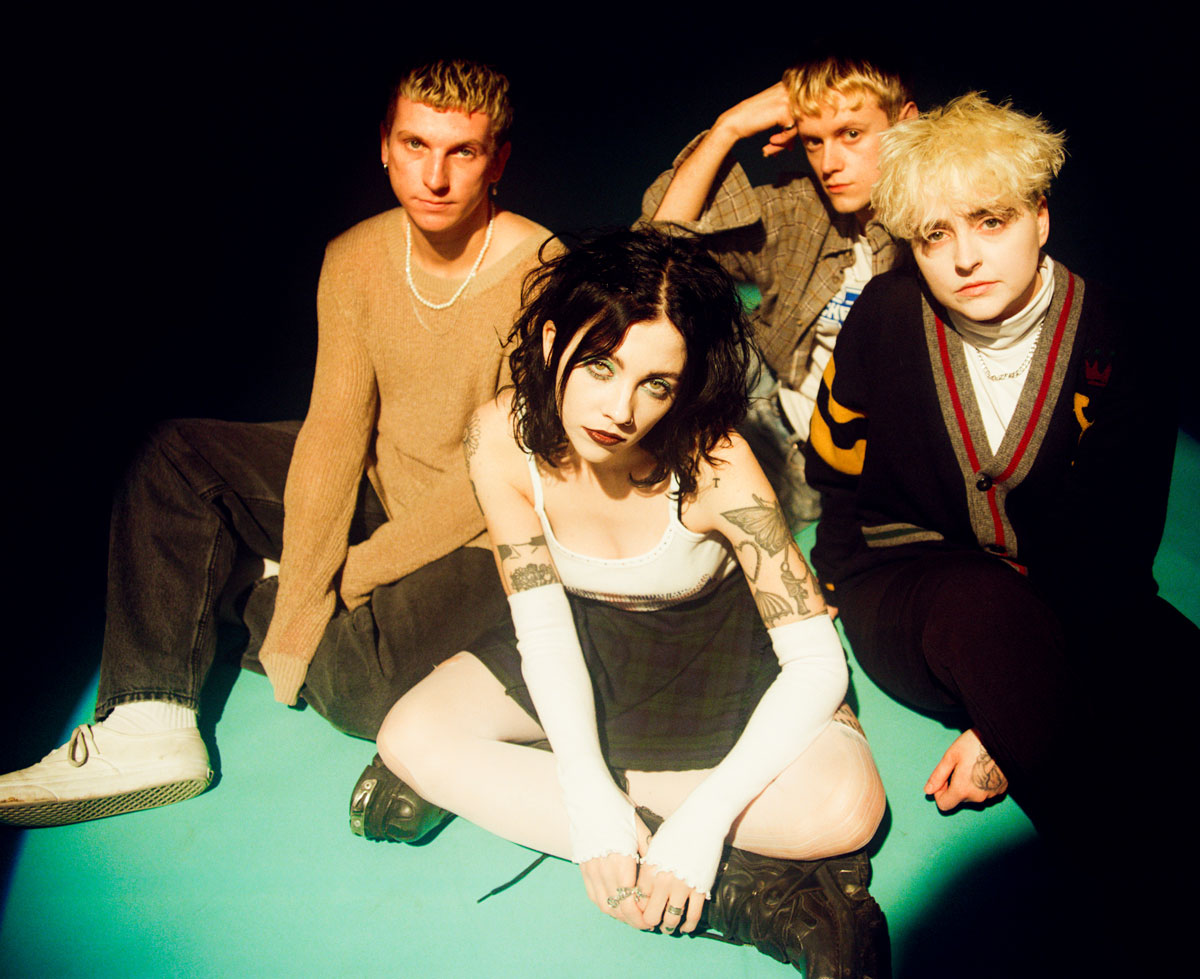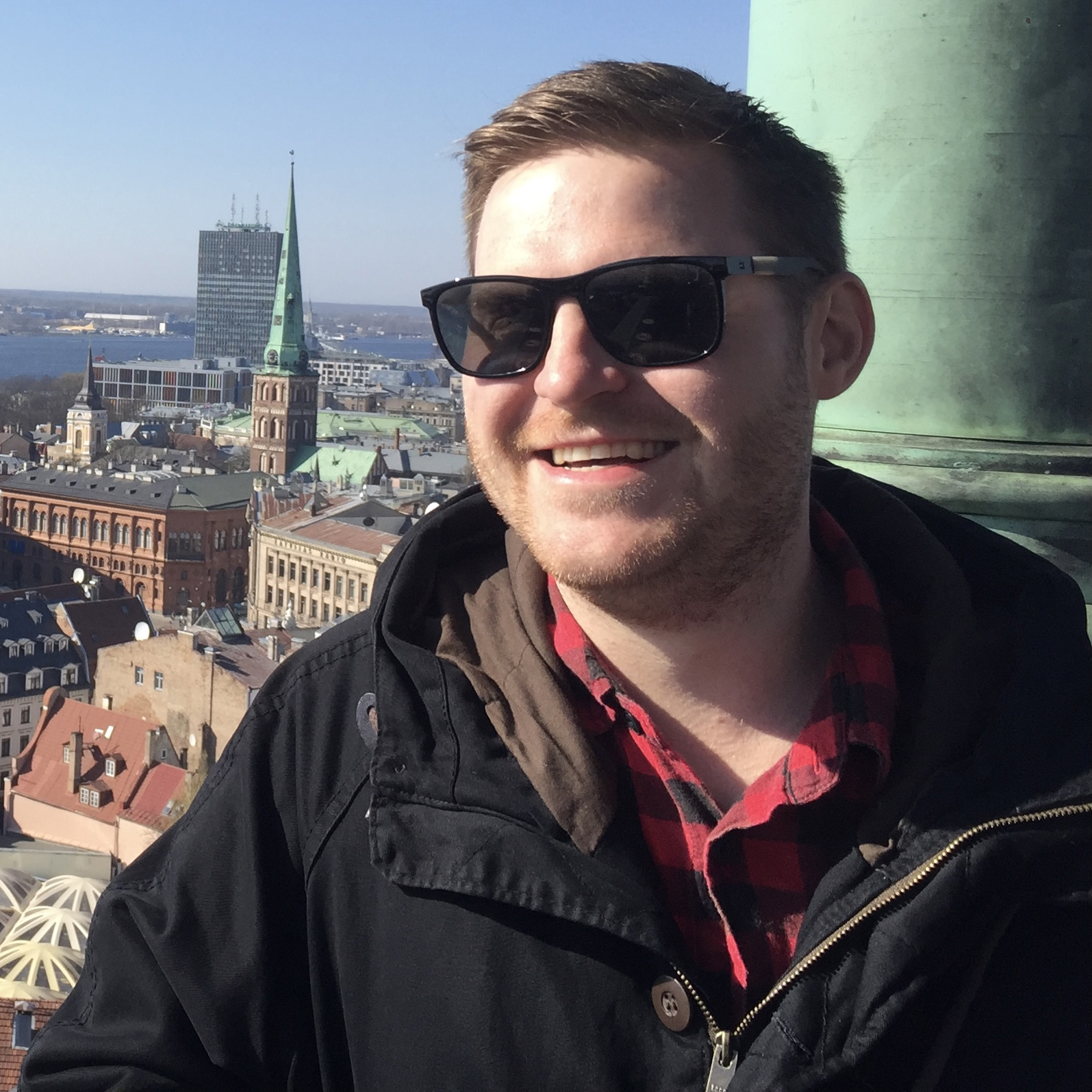Pale Waves: “We wanted to make a more honest record, and that meant bringing guitar to the forefront”
The UK indie-pop outfit reflect on an eventful few years with their six-string-stacked follow-up album, Who Am I?
![[L-R] Heather Baron-Gracie and Hugo Silvani of Pale Waves](https://cdn.mos.cms.futurecdn.net/A5nbM9wfF437jDq8jZkfU8.jpg)
Three years on the road can do a lot to a young band.
Perspectives change, priorities can shift, and new sources of inspiration can be found. Some bands climb to great new heights, while others may find themselves at terrifying lows.
To describe their experience to date, Pale Waves would have to tick the box that says ‘all of the above’.
Having toured extensively since 2016, Pale Waves have generated a huge amount of buzz from the likes of NME, Q and Radio 1 off the back of their debut album My Mind Makes Noises for its hook-laden, '80s synthwave approach to indie pop. In that time they’ve gone from tiny club shows to playing stadium support slots for the likes of Muse.
They also experienced the true perils of touring life in early 2020 when their van skidded and rolled off the side of the road en route to a show in Munich, trapping the band and crew inside. Thankfully, everybody escaped unharmed... physically, at least.
So safe to say it’s been an eventful few years for the Manchester four piece. But perhaps the biggest change for them has come in the form of a creative shift on their sophomore release Who Am I?
Taking influence from the likes of Hole, Avril Lavigne, Alanis Morissette and Sheryl Crow, frontwoman Heather Baron-Gracie started composing the songs that make up Who Am I? alone on an acoustic guitar.
Get The Pick Newsletter
All the latest guitar news, interviews, lessons, reviews, deals and more, direct to your inbox!

Previously, the band’s material was pieced together with drummer Ciára Louise Doran composing most of the instrumentation in a DAW before bringing it to Baron-Gracie to lay down melodic and lyrical ideas.
“That was mostly how we worked. It’d be a case of writing our songs on a computer and then trying to learn them as a band afterwards,” Baron-Gracie explains.
“This time I wanted to make a more honest record when it comes to my own tastes and influences, and to me that meant really bringing the guitar to the forefront. I knew when I started writing this record I wanted that to be the focal point of the songs.
When things were very much synth based, it was hard to work out what you could offer from a guitar standpoint, so often you end up playing synth lines on the guitar
Hugo Silvani
“While I love our old songs and that approach worked for them, I think there’s a more human quality and connection to the songs you write on an instrument like an acoustic guitar.”
Having this time to work on ideas independently may have also given Baron-Gracie a chance to explore certain themes more freely, putting more of herself into her confessional lyrics that detail experiences with love, sexual identity and depression.
Lead guitarist Hugo Silvani says the band’s shift in focus has also given him a better opportunity to put his tonal stamp Pale Waves.
“Previously, when things were very much synth-based, it was hard to work out what you could offer from a guitar standpoint, so often you end up playing synth lines on the guitar,” Silvani says.
“Whereas now with things more based around the guitar, it’s a lot easier for me to bring something different and play parts that add another layer to the songs.”
It’s an approach that has also been much more freeing for the band as a unit.
“Because things were based around the synth parts, and we don’t actually have a keyboard player in the band, we would have to rely on backing tracks a lot when we went out in support of the last album. Now things are stripped back a bit more and you’re hearing a lot more of how we play as a band,” Silvani says.
Baron-Gracie agrees.
“It’s sometimes been a hard balance to strike [for us]. Obviously we all love the synth-y sounds, but if you go too far down that road it can strip out a lot of the human qualities of the music.
“Our songs are very much about human experiences and emotions, so we’ve been conscious about trying to keep that in the music. I think we’ve managed to do that pretty well on Who Am I?”
Obviously we all love the synth-y sounds, but if you go too far down that road it can strip out a lot of the human qualities of the music
Heather Baron-Gracie
To cover the sonic ground he needed on Who Am I?, Silvani says he’s lost track of the number of acoustic and electric guitars he used, though one stands out – a '70s Strat he had custom fitted with rail pickups to help him dial in “some Billy Corgan-type tones” on tracks like Tomorrow and You Don’t Own Me.
And while Baron-Gracie has a bunch of guitars in her arsenal, from the Gibson Keb Mo Blues Master to Fender Mustangs and Strats, it’s her black 1970s Vox Phantom that she relies on the most.
“I had it built for me by somebody in Italy who sourced all the parts from different guitars. Actually I have two [a 12 and a six string], but the black six string is my baby. It’s so distinct in its sound and appearance … It looks like a coffin. It’s very much me,” she laughs.
Although it may have been a liberating album to write, the recording process for Who Am I? was anything but.

Recorded in LA last year with Rich Costey just as Covid restrictions were coming into play in the US, the band had to tough it out with quarantines, studio restrictions, and social distancing.
Factor in that Silvani and bassist Charlie Wood had to leave the sessions halfway through, forcing them to record their parts at home in the UK and the fact all this took place a month after their bus crash and you can see why things got a little stressful.
“It wasn’t an easy album to make. It was just as the US was about to make border restrictions and we had to make a snap decision whether we were going to go or not,” Baron-Gracie says.
“It all happened so fast – we didn’t even have a chance to rehearse these songs as a band – we just had to go and it was uphill from there.
“At the same time I’m very proud of how it’s turned out. It was a record we had to make and I think it’s opened us up as a band. I think there’s more to unpack here – I’m not ready to move on yet.”
Pale Wave’s Who Am I? is out on February 12 via Dirty Hit.
Chris is a contributor to Guitar World and MusicRadar with around 20 years of guitar playing experience – including writing for and recording various projects for around 15 of those. Outside of practical experience, he’s studied music throughout his life, with a particular focus on composition at university. He’s something of a 90s tragic and a sucker for anything with a groovy, metallic edge or psych and stoner vibes. Outside of music, he’s an avid cook, gardener, and rugby league lover.
“Every tour was the best I could have done. It was only after that I would listen to more Grateful Dead and realize I hadn’t come close”: John Mayer and Bob Weir reflect on 10 years of Dead & Company – and why the Sphere forced them to reassess everything
“Last time we were here, in ’89, we played with Slash on this stage. I don't remember what we did...” Slash makes surprise appearance at former Hanoi Rocks singer Michael Monroe's show at the Whisky a Go Go


![John Mayer and Bob Weir [left] of Dead & Company photographed against a grey background. Mayer wears a blue overshirt and has his signature Silver Sky on his shoulder. Weir wears grey and a bolo tie.](https://cdn.mos.cms.futurecdn.net/C6niSAybzVCHoYcpJ8ZZgE.jpg)

![A black-and-white action shot of Sergeant Thunderhoof perform live: [from left] Mark Sayer, Dan Flitcroft, Jim Camp and Josh Gallop](https://cdn.mos.cms.futurecdn.net/am3UhJbsxAE239XRRZ8zC8.jpg)





